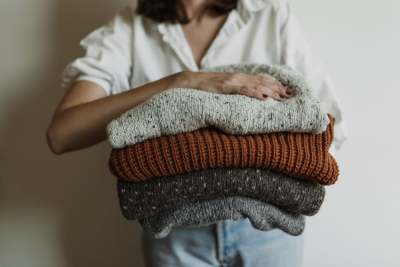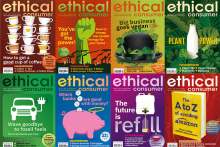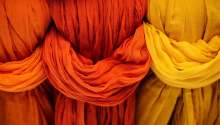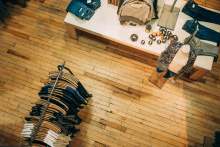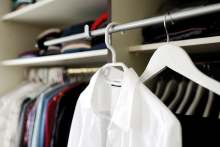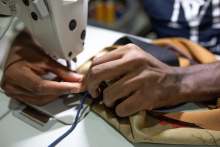If you want to avoid contributing to the unsustainable fast fashion system there are plenty of ethical alternative brands.
These ethical clothing brands are run by dedicated individuals with a passion for clothing and the planet.
They sell all the clothes you might buy on the high street (t-shirts, skirts etc), but with ethics and the environment as key drivers for their businesses.
With so many brands to choose from, we guide you through who makes what and where you can find them.
For more detail on the ethical fashion industry, see our detailed shopping guide.
What is ethical fashion?
Ethical fashion, unlike fast fashion, prioritises crucial aspects: ensuring fair workers’ rights (living wages, safe conditions, no forced labor), using sustainable fabrics, minimizing carbon emissions throughout the clothing supply chain, and emphasising durability over disposable trends. It's about making clothes that respect both people and the planet.
Our research and shopping guide to ethical clothing found that many of the companies are members of organic and fair trade certification schemes like GOTS, the Soil Association and Fair Wear Foundation, and some are going beyond to innovate and revolutionise the system, such as taking old items back and re-processing them into new clothes.
Many ethical brands are committed to a slow fashion movement. Like the slow food movement, the emphasis is on building direct connections with producers, knowing the provenance of a product, reducing the impact on the environment as much as possible, and creating a high quality product that will last.
Ethical fashion brands
Our detailed guide to ethical clothing brands recommends 29 different brands, with many Best Buys for their organic, Fairtrade and recycled options.
It’s great that there’s so much choice, but if you’re feeling a bit overwhelmed about where to start read on to find out a bit more about each of these top ethical clothing brands.
Eight companies sell only secondhand clothing, be sure to check these out too.

